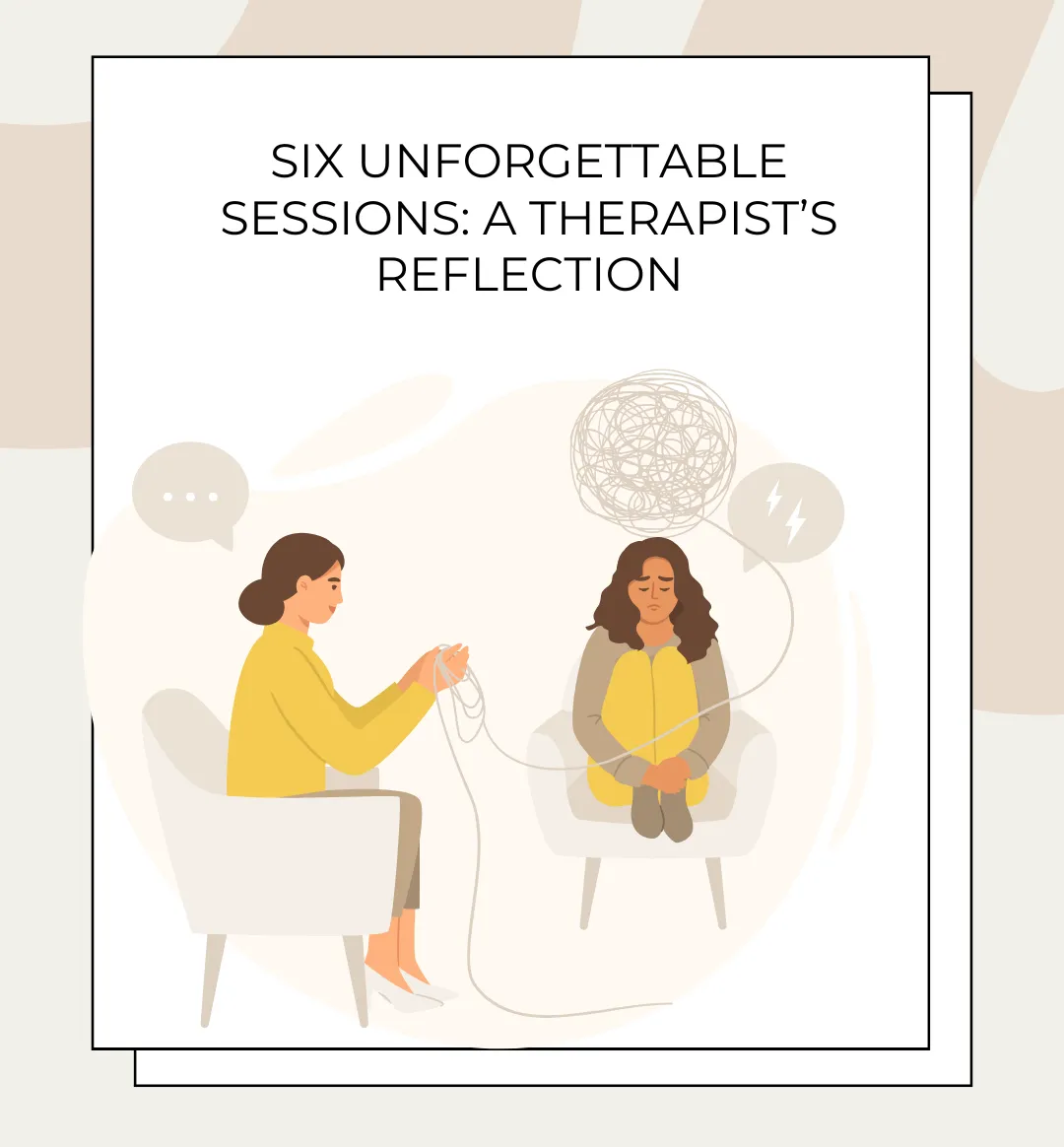 Sanskruti Shinde Sonar
Sanskruti Shinde Sonar Published on: 10/12/2024
In this blog post, we explore the psychological phenomenon known as imposter syndrome, where individuals feel like a fraud despite evidence of their achievements. Using the fictional client Joy as an example, we delve into how this persistent self-doubt impacts people, making them fear exposure and feel undeserving of their success. Many high-achievers battle these feelings, attributing their accomplishments to luck or external factors rather than their own skills and hard work.
The post explains that while these feelings are real, they stem from a negative thought cycle that magnifies flaws and diminishes personal value. Drawing on research by Dr. Pauline Rose Clance and Dr. Suzanne Imes, we see how common this experience is and how it transcends gender and background.
Joy’s story, shared throughout the blog, illustrates that overcoming imposter syndrome is a journey. By recognizing these thoughts and shifting perspective, individuals can build confidence and embrace their potential. This blog post serves as a reminder that most people are too focused on their own lives to judge ours harshly, and that we all deserve to step into our achievements and recognize our worth.
Psychological Well-being




